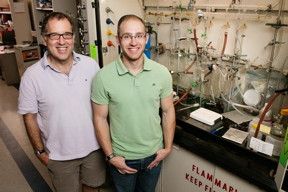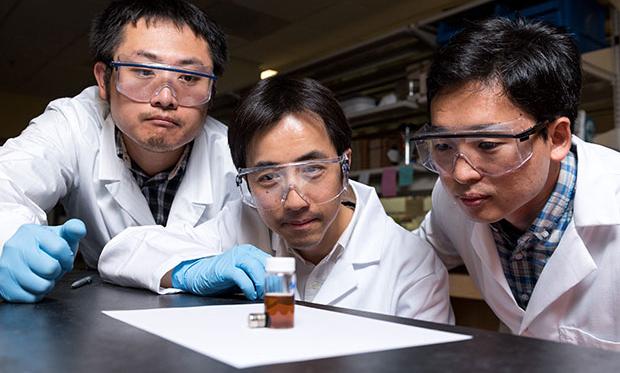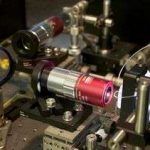Sep 15, 2016
Is it already too late to consider the ethics of mind control technology?
Posted by Karen Hurst in categories: bioengineering, biotech/medical, ethics, neuroscience
Very true points that many have been raising with CRISPR, Synthetic Biology, BMI, and humanoid technology. I am glad to see this article on ethics and standards because it really needs to be discussed and implemented.
New brain technologies will increasingly have the potential to alter how someone thinks, feels, behaves and even perceives themselves.
Continue reading “Is it already too late to consider the ethics of mind control technology?” »
















